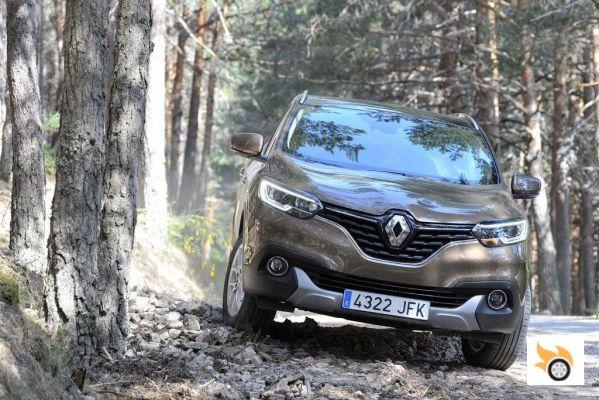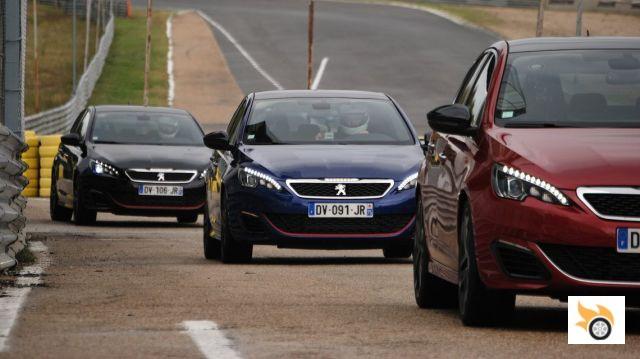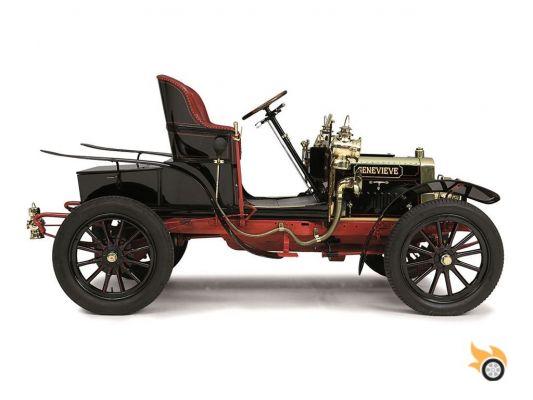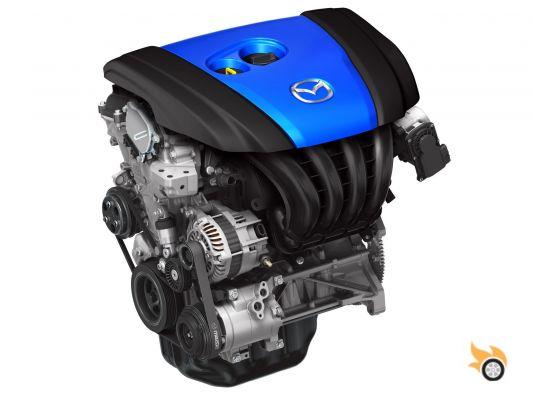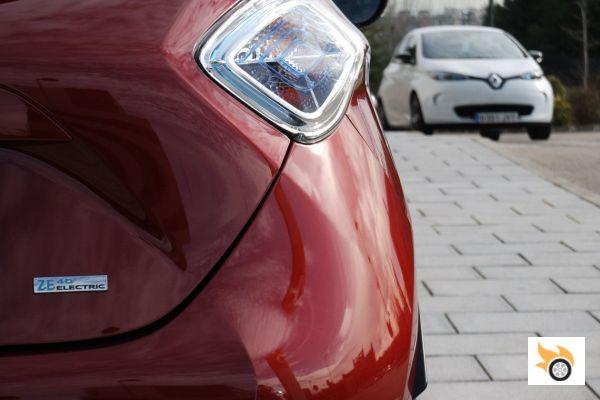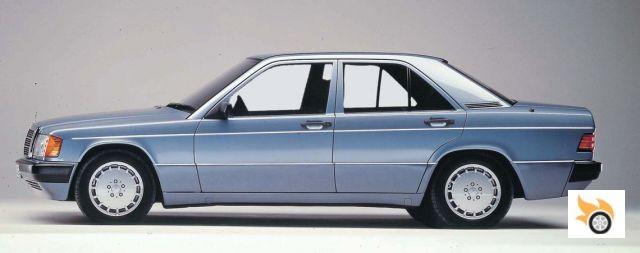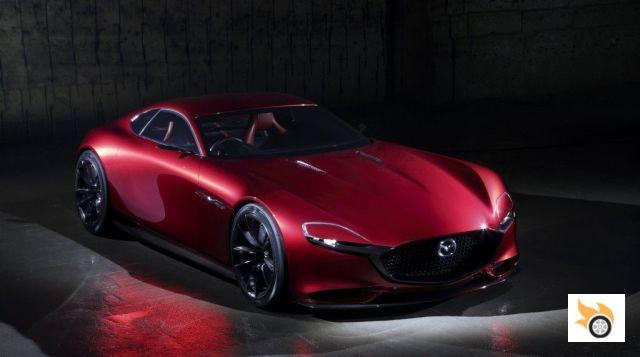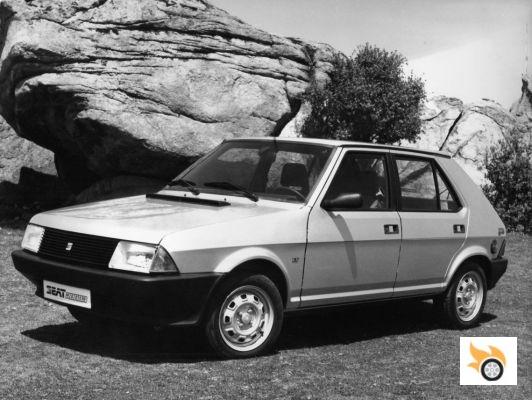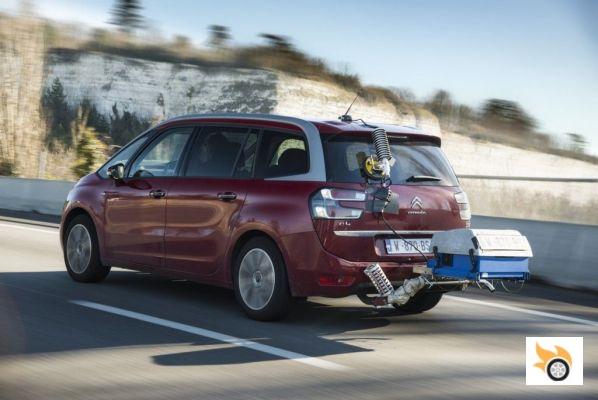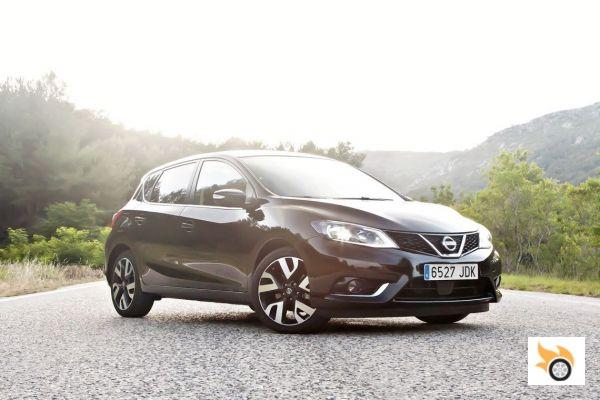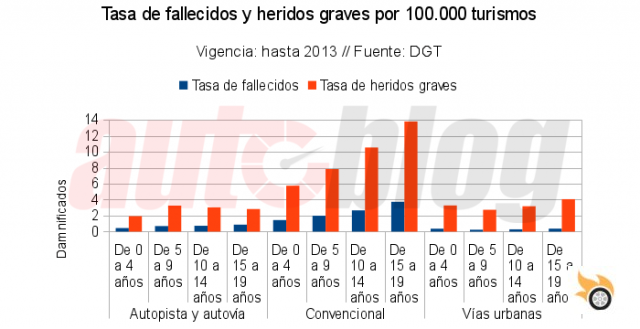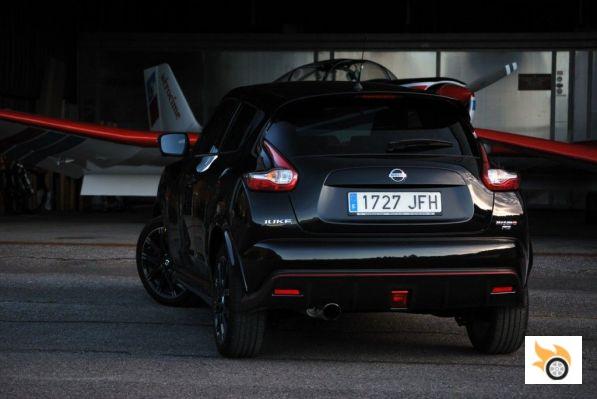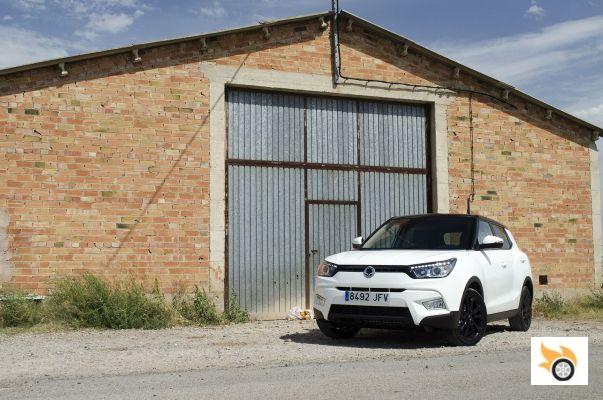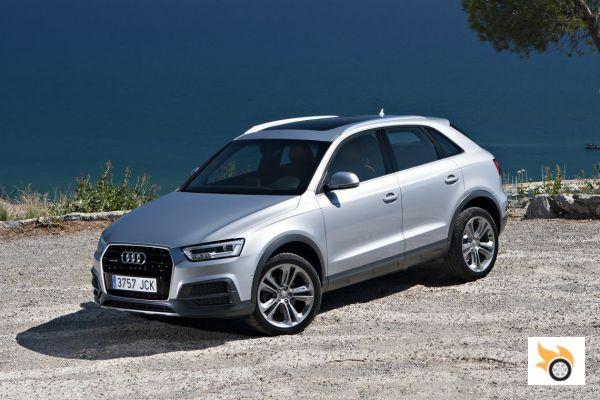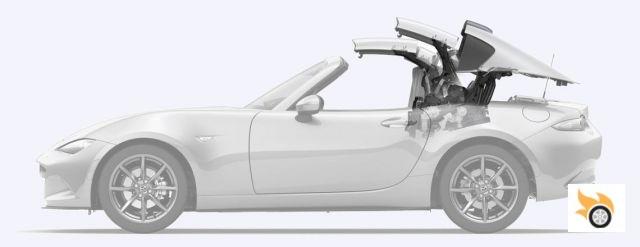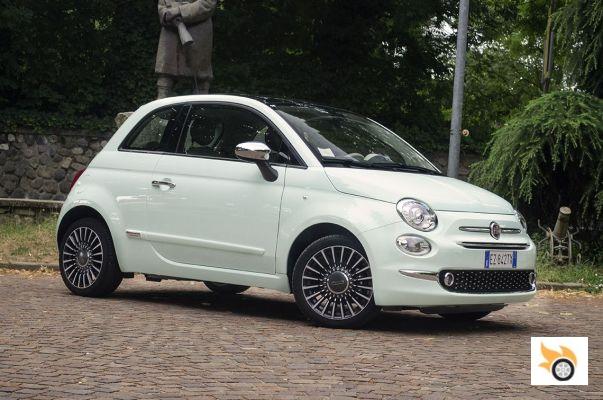- Tesla Motors (@TeslaMotors) May 1, 2015.
Yesterday, Tesla's new batteries were unveiled in the United States, designed from home users to large consumers: from 7 kWh to 10 MWh. The goal is to improve the efficiency of the electric system, helping to flatten the demand curve of consumers. And what does this mean?
There are times of low demand in the electricity system, especially at night, and also at midday. On the other hand, there are times of high demand, when work begins, and in the afternoon. The production system is sized for the peak hour, the rest of the time is wasted. Flattening demand means consuming more energy at off-peak hours, at a lower price, and not consuming it at peak hours, at a higher price.
"The goal is a complete transformation of the world's electricity infrastructure" - Elon Musk, Tesla CEO
For that you need storage, and that's where Tesla's Powerwall comes in. For the home user, we're talking about batteries of 7 to 10 kWh capacity, which provide 3.3 kW of peak power, or 2 kW of nominal power. In other words, they won't hold an oven, but they do provide enough power for all the small household appliances in the house that are in regular use.
92% of the energy is stored from the mains to the batteries, which is quite efficient. They weigh 100 kg and are designed to be placed in the garage of single-family homes or outdoors, with different colours so as not to clash aesthetically. They can operate in a range of -20 to 43 degrees Celsius, with both single-phase and three-phase current.
Their dimensions are compact: 130 cm high, 86 cm wide and 18 cm deep.
The Powerwall's batteries are lithium-ion, liquid-cooled and come with a 10-year warranty, with a further 10-year extension! How many household appliances today promise such a thing? Very few, very few. The price doesn't seem exorbitant, $3,000 for the 7 kWh Powerwall, and $3,500 for the 10 kWh. These batteries work both with the conventional power grid, as in a blackout: they can give 2-3 hours of energy with normal use.
One of the purposes of the Powerwall is to accumulate electricity also from renewable sources, such as solar panels or windmills. In the case of Spain, to avoid future problems, these batteries and solar panels would have to be isolated from the conventional grid, and operate in isolation. Hopefully, when these batteries arrive in Spain, there will be another government to repeal the botched legislation that creates legal uncertainty for the consumer, with backup fee for self-consumption.
Tesla batteries are modular, you can install more than one and work in parallel, giving more power and obviously, storing twice as much energy. And all this, with open patents, eye. For the average American household, your daily consumption is 30 kWh of energy. Not enough for energy self-sufficiency, no, but in the long term can be amortized by shaving the electricity bill.
In the automotive field, they are not enormously useful, since a normal electric car has a battery capacity of 20 kWh, and with a Powerwall we don't even charge half of that, considering the losses. It is more profitable to charge cars even during the day, than to invest in these batteries. But thinking about a more intensive domestic use, it seems like a pretty good idea.
The manufacturer not only wants to revolutionize in cars, but also in energy. That's why they are going to spend 5 billion dollars to create a "gigafactory" of batteries in Nevada, and thus produce on a massive scale and cause a price reduction in the market. In theory, we will all benefit. Something similar was done by a certain Henry Ford a century ago.
And they're not going to be satisfied with just the domestic market. They are thinking on a scale of terawatts, that is, 1,000 gigawatts or one million kilowatts. 1 kW is what an electric heater consumes, an oven 5 kWh. Do you have an idea yet? Deliveries in the US market will start this summer, the rest of the world will have to wait a little longer.




